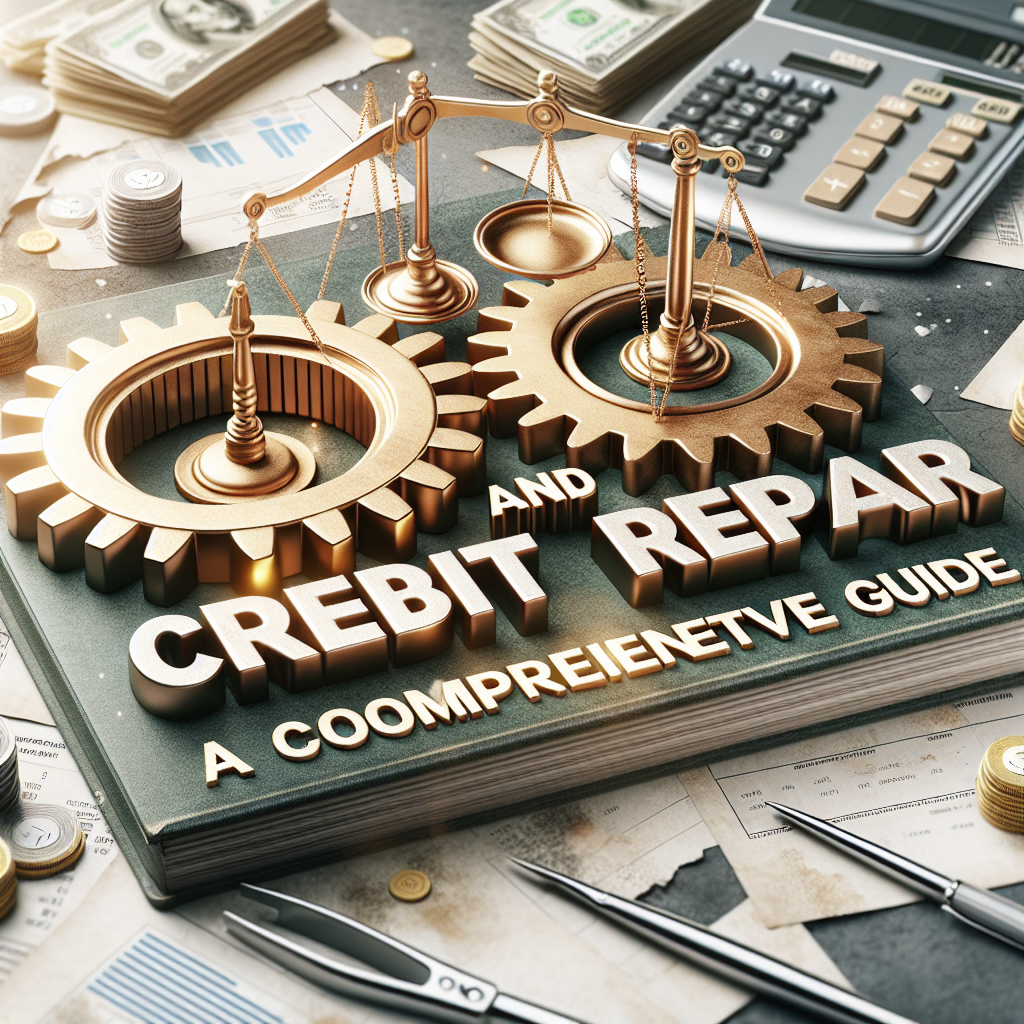Credit repair and debt management are essential concepts for anyone seeking to improve their financial health. In today’s economy, understanding how to manage debt and repair credit scores can lead to better interest rates, improved loan approvals, and overall financial freedom. This comprehensive guide aims to demystify credit repair and debt management, empowering you with the knowledge and tools needed to take control of your financial future.
Understanding Credit Scores
What is a Credit Score?
A credit score is a three-digit number that reflects your creditworthiness based on your credit history. Scores typically range from 300 to 850, with higher scores indicating better credit health. Credit scores are crucial metrics used by lenders to decide whether to approve loans, mortgages, or credit cards.
Factors Influencing Your Credit Score
- Payment History (35%): Your track record of paying bills on time plays a significant role in your credit score.
- Credit Utilization (30%): This refers to how much of your available credit you are using. It’s advisable to keep your usage below 30%.
- Length of Credit History (15%): A longer credit history can indicate stability and reliability.
- Types of Credit Used (10%): Having a mix of credit types—such as credit cards, mortgages, and installment loans—can have a positive effect.
- New Credit Inquiries (10%): Excessive requests for new credit can negatively impact your score.
The Importance of Credit Repair
Recognizing the Need for Credit Repair
If you have a low credit score or negative items on your credit report—such as late payments, bankruptcies, or collections—it might be time to consider credit repair. A lower credit score can result in higher interest rates, less favorable loan terms, and trouble securing rental agreements or job offers.
Steps to Repair Your Credit
- Obtain Your Credit Report: Check your credit report for errors at least once a year. You can get a free copy from each of the three major credit bureaus: Equifax, Experian, and TransUnion.
- Dispute Errors: If you find inaccuracies, dispute them with the credit bureau. Provide documentation to support your claims.
- Pay Bills on Time: Establish a consistent payment history by ensuring all bills, loans, and credit cards are paid on time.
- Reduce Debt: Work on paying down outstanding debts, which can help improve your credit utilization ratio.
- Consider Credit Counseling: Professional credit repair services can provide guidance and assistance in improving your credit health.
Debt Management Strategies
Understanding Your Debt
Before implementing debt management strategies, it’s crucial to understand your debts. List all your liabilities, including outstanding balances, interest rates, and payment due dates. This clarity will help you devise an effective plan.
Debt Management Plans
- Create a Budget: A detailed budget can help you track your income and expenses, allowing you to allocate more toward debt repayment.
- The Snowball Method: Focus on paying off your smallest debts first while making minimum payments on larger debts. This can provide a psychological boost as you eliminate debts quickly.
- The Avalanche Method: Pay off debts with the highest interest rates first. This method might save you more in interest payments over time.
- Debt Consolidation: Combine multiple debts into a single loan with a lower interest rate. This can simplify your payments and potentially reduce your overall interest costs.
- Negotiating with Creditors: Reach out to your creditors to discuss your situation. Many are willing to work out payment plans or lower interest rates to help you manage your debt.
The Role of Professional Help
When to Seek Assistance
If you find it challenging to manage your debts or repair your credit on your own, consider seeking professional help. Organizations like credit counseling agencies can provide you with guidance and resources tailored to your financial situation.
Choosing a Credit Repair Service Wisely
When selecting a credit repair service, ensure they are reputable. Look for accredited organizations, read reviews, and verify their legitimacy with the Better Business Bureau. Be wary of companies that promise quick fixes or charge upfront fees without delivering results.
Conclusion
In conclusion, credit repair and debt management are vital for maintaining your financial health. By understanding credit scores, implementing effective debt management strategies, and knowing when to seek professional help, you can take control of your financial future. Start today by assessing your credit and debt situation, and take the first steps toward a debt-free life and a healthier credit profile. Remember, consistent efforts and informed decisions can lead to long-term financial stability and success.

